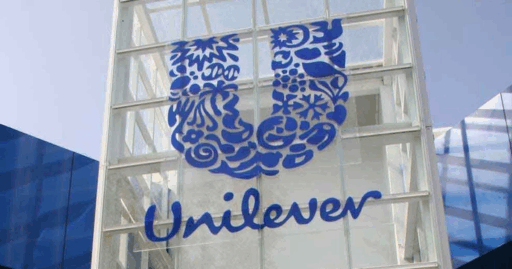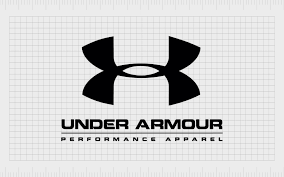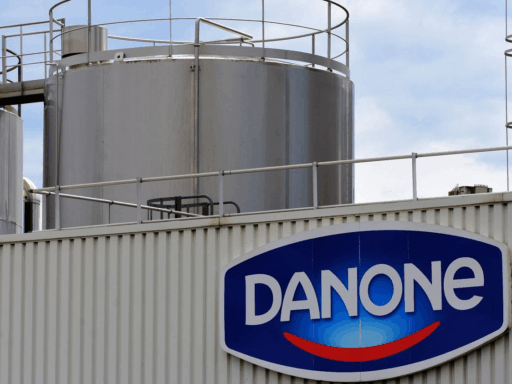table of contents
By 2020, Unilever achieved zero non-hazardous waste to landfill across all its global manufacturing sites — a landmark achievement covering over 600 factories worldwide. The company’s “Less Waste, Better Lives” strategy reflects its broader Future Foods and Clean Future ambitions.
Core strategies:
- Industrial symbiosis: Wastes like byproducts and packaging scraps are reused, composted, or sold to other industries.
- Digital waste tracking: Smart systems identify material losses in real-time for immediate intervention.
- Employee engagement programs in all factories to drive grassroots waste reduction culture.
Challenges:
- Hazardous waste management remains more complex, requiring separate strategies and regulations.
- Circular approaches must extend beyond operations to packaging and consumer use phases for full system change.
Strategic insight:
Unilever’s success in factory circularity sets it apart from peers like Procter & Gamble, where site-level landfill goals lag behind. However, supply chain and post-consumer circularity are the next big frontiers.
Sources:
https://www.unilever.com/planet-and-society/waste-and-packaging/zero-waste-to-landfill/
https://www.unilever.com/planet-and-society/clean-future/






